Koffi & Diabaté
The Ivory Coast architects, urban planners and developers that are boldly forging the future of urban Africa

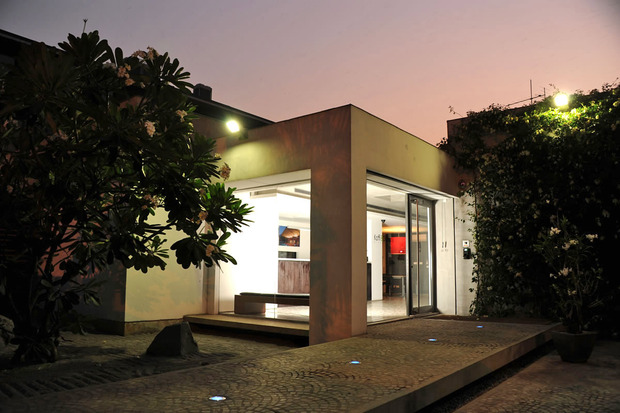
Urbanization has gone from global phenomenon to the source of increasingly vital environmental, social, political and economic issues. In Africa, movement to urban centers has skyrocketed in the past decades with central planners unable and sometimes unwilling to plan for the future. Based in the coastal capital of Abidjan in the Ivory Coast, where palm trees and beaches abut a growing West African business center, architecture and development firm Koffi & Diabaté, fed up with the lack of planning from the powers that be, are taking the future of urban Africa into their own hands. “What is really changing in our practice is the way we approach things,” says Managing Director and co-founder Issa Diabaté, “We’re more dynamic. We are creating our own work as opposed to waiting for clients to come in and give us jobs.”
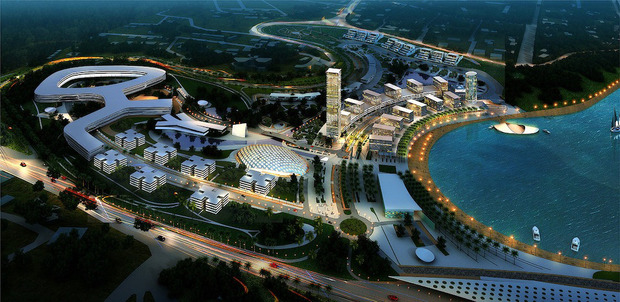
We were first introduced to Diabaté’s large-scale urban thinking at Design Indaba, where he presented a rehabilitative development plan that addresses sewage issues in the city’s waterfront lagoon and provides a sustainable housing solution. While speaking with Diabaté, he discussed the future of city planning, architecture and shifting lifestyles in African cities.

Diabaté is the first to point out that, across African cities, cultures are vastly different and societies function uniquely yet the problems that persist reveal a commonality. According to Diabaté, traffic, security and limited space due to quick growth are the core pressures facing urban Africa. “Developing properties ourselves is sort of a way to compensate for the lack of planning that governments should actually do,” Diabaté says of the housing projects he and his partner Guillaume Koffi have undertaken of late.
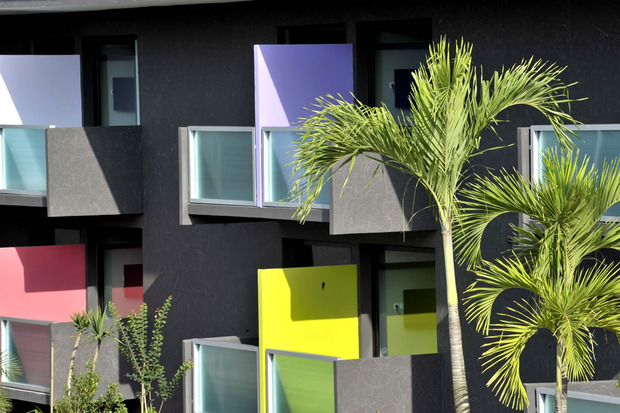
Koffi & Diabaté’s projects are characterized as much by ideology as they are by aesthetics. The apartment complexes, commercial spaces and offices the group has developed reflect proposed solutions to urbanization from Diabaté, a Yale-trained urban planner. “When we start working on 32 apartment units, then we can at least influence the way the neighborhood looks and the common spaces in it,” he says. “We can keep a certain percentage of green space and make accessing it more equitable.”
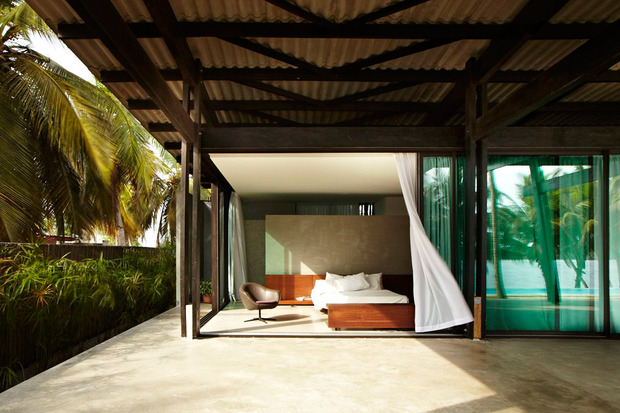
From a larger urban planning perspective, Diabaté says greater densification is at the core of the solution to many of the urban issues in African cities. “Over the past 15 years, Abidjan has grown immensely, but the utilities have not kept up, roads do not connect the new neighborhoods to the center of the city,” he says. Densification allows for shorter distances between the workplace and the home, resulting in reduced traffic—a major problem facing the Ivory Coast’s capital. Densification, however, comes with trade-offs that consumers are not always readily willing to accept.
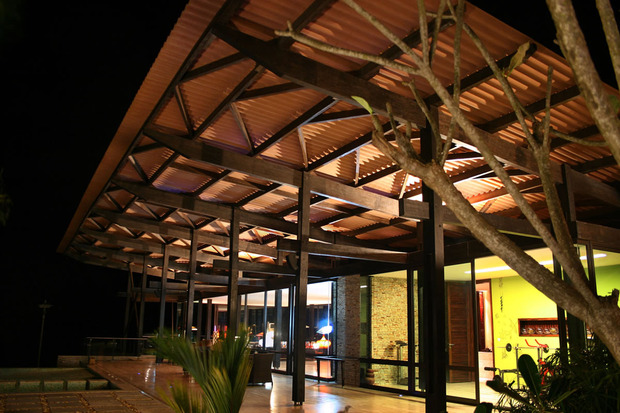
Part of ensuring this plan is successful is convincing consumers to shift their perception of smaller, shared living spaces which Diabaté says is less of a challenge than one might expect. “Younger clients have a different set of preoccupations about their living space. There’s a big difference in the significance of the house between generations. We’re pushing them to focus less on the size and plot of land and more on the way the living space is set up and their lifestyle.”
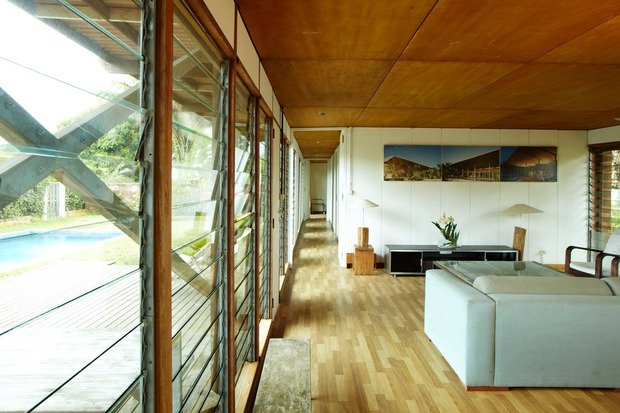
According to Diabaté, there is a growing interest in architecture and urban planning in the Ivory Coast, thanks in part to his firm. An insistence on sustainability and creating density while balancing quality of life considerations like green space suggest a great opportunity for thinkers in the region like Diabaté: “Many government ministers still have very set ideas about how the way we live in Africa is different, ” he says, “we need to be aware of what is going on in the planet and be ready to adapt it to our local context.”
Visit Koffi & Diabaté online to learn more about their development and architectural projects in the Ivory Coast and throughout Africa.
Images courtesy of Koffi & Diabaté












